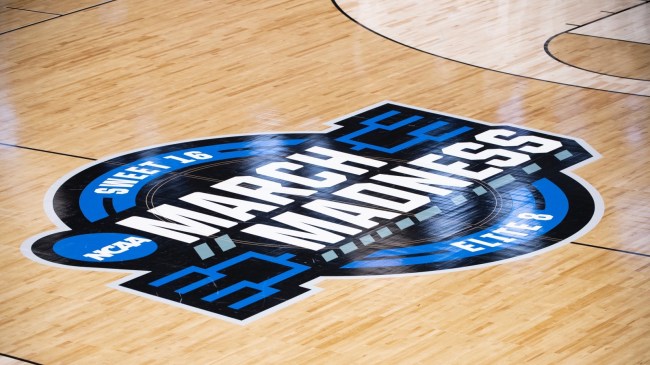
Getty Image
If you thought college athletics were already pretty chaotic, you’ve seen nothing yet. Transfers are officially a free-for-all, as the NCAA waiver process for undergraduates transferring a second time has been temporarily struck down in court.
Federal Judge John Bailey of the Northern West Virginia District Court granted a temporary injunction to prevent the NCAA from enforcing their one-year sit-out period on undergraduate student-athletes transferring for the second time.
TRO has been granted.
NCAA can’t enforce its transfer waiver rules.
It’s in effect for 14 days.
Huge ruling. https://t.co/dQGkHYCwYY
— Mit Winter (@WinterSportsLaw) December 13, 2023
The lawsuit was filed in part by West Virginia Attorney General Patrick Morrisey on behalf of Mountaineer basketball player RaeQuan Battle.
Battle spent two years at the University of Washington before transferring to Montana State, where he spent the previous two seasons. The guard averaged over 17 points per game last year and dropped 27 on Kansas State in the NCAA Tournament.
Graduate transfers are allowed to transfer for a second, and even third, time with no penalty. But, Battle doesn’t have his undergraduate degree yet, and his second transfer made him ineligible. He, and many others, are eligible right away.
The NCAA announced shortly after the ruling that they will not enforce the sit-out rule for the time being, making players seeking a waiver eligible.
A full hearing on the issue is set for December 27th, and this decision could very well be overruled. But, for the sake of discussion, let’s assume that this decision will stand. This is going to have huge ramifications for roster building in the major college sports. Coaches at least knew that undergrads could only transfer once, and that at least gave them some certainty when it came to looking out into the future and scholarship allocation. Now, every single player after every season can become a free agent whenever they want.
And, with NIL, players could be shopping themselves four or five times in a college career for a bigger check. Amazing to think about, considering five years ago a player couldn’t even host a skills clinic in their hometown to earn money.
As for the NCAA, it’s just another court loss. At this point, one has to wonder if any of the NCAA’s rules governing player movement and eligibility could stand up to legal scrutiny.